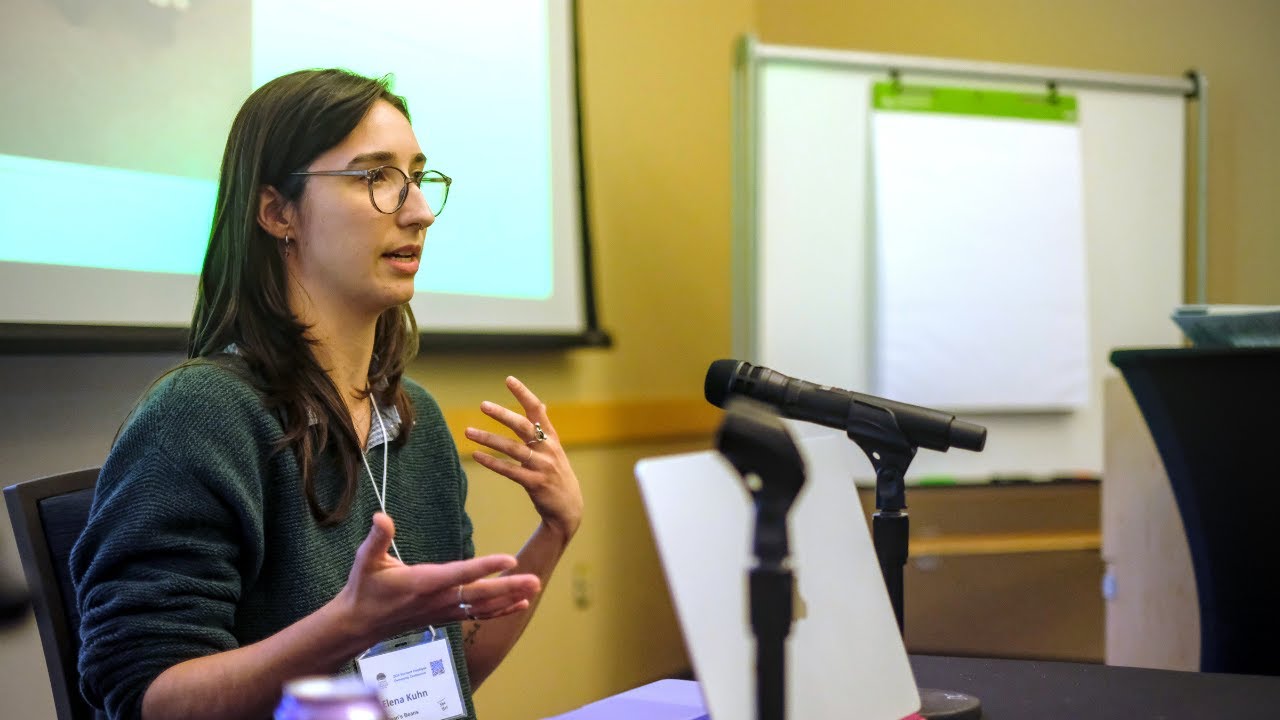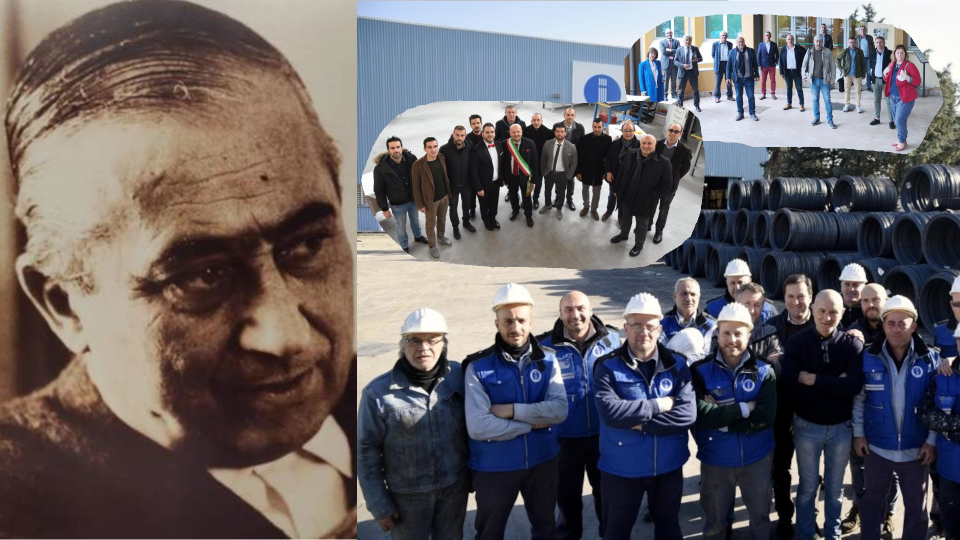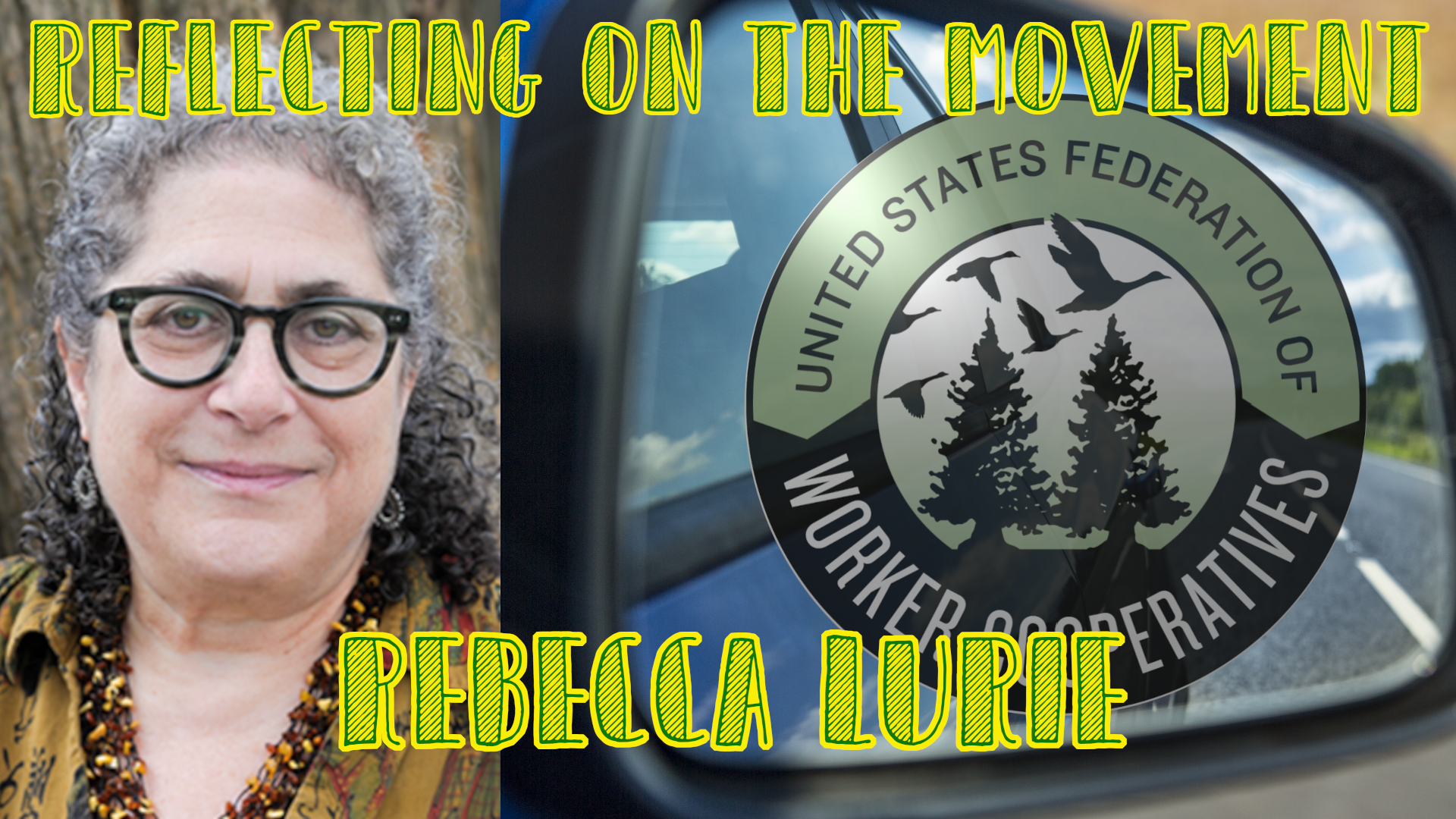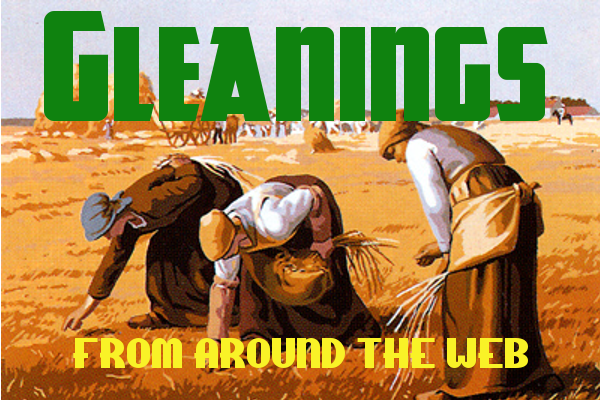This week, Rob Brown of the Cooperative Development Institute walks through the basics of converting existing businesses to worker cooperatives, along with several examples of successful transitions, as well as a few cautionary tales. Then, Elena and Tyler of Dean's Beans answer questions about their own co-op conversion experience.
Co-op conversions are also a major theme in our second offering this week - an paper on Italy's Marcora law. The law allows unemployed workers to use future welfare payments in order to convert an existing business into a worker co-op, or start a new one.
And finally, Rebecca Lurie reflects on 20 years of the US worker co-op movement.
Preserving Legacy Businesses Through Worker Cooperative Buyouts
by Vermont Employee Ownership Center
This is a "nuts & bolts" session on transitioning existing businesses to worker-owned cooperatives. Attendees learn about the option and process of worker buyouts and hear a wide variety of company transition stories, from initial exploration through deal structuring, financing and post-transaction support. Business owners considering a sale to employees as well as current workers exploring or engaged in a buyout will find value in the session.
How Worker-Buyouts Can Save Jobs and Build Resilient Businesses
by Tej Gonza, David Ellerman, Gregor Berkopec, Tea Žgank, Timotej Široka
The sector of small and medium-sized enterprises is lately under immense pressure due to restrictive governmental response to the COVID-19 pandemic. One of the dominant issues is concerned with financial liquidity – the threat is large-scale insolvency, job losses in thousands, and disappearance of businesses from local communities. There is a time-tested solution in Spain and Italy that provides liquidity to such enterprises in a democratic manner by establishing employee ownership schemes. In addition to saving businesses, employee-owned firms proved to provide more resilient business structures that better withstand crises...In this article, we propose a standardised general model to be used in the EU and in nation-states with the purpose to provide liquidity to restart insolvent businesses in a new form with socially and environmentally responsible ownership. The second section outlines the negative expectations in the aftermath of the COVID-19 crisis for the SME sector.
Arizona’s ‘Ecovillages’ take sustainability to personal level
Tuscon.com — The residents of Wind Spirit live on 16 acres surrounded by citrus and olive trees, stony hills and played-out mines. They’ve built their homes from materials ranging from a dirt-straw concrete mix called cob to canvas teepees to buses painted blue, purple and yellow. Outdoor sinks have signs requesting visitors use tree-friendly soap. All the bathrooms have compost toilets...
Overturning the Productivity Mandate: Putting People at the Centre
WIEGO — Popular economy cooperatives arise when their members, rejected by the formal labour market for various reasons, must create their own work to survive. That is why their main goal is revenue generation, to guarantee a livelihood and a decent lifestyle for their members. But the struggle for a decent lifestyle cannot only be reached by addressing economic needs, it needs to go beyond that...
Worker Cooperative as an Employee Ownership Fund
Ellerman.org — This paper shows how a worker cooperative can serve as an ESOP-like employee-ownership vehicle to make a partial or total buyout of a conventional company. The Coop-ESOP model captures most of the advantages of the ESOP (with some unique advantages of its own) but the tax breaks will depend on specific legislation. The model is designed to be usable without special legislation in most any country with relatively standard corporate and cooperative laws...
A Conversation with Cultural Workers Inside and Outside of Prison
People's Hub — As we arrive in Black August, a time to commemorate the lives of Black freedom fighters through study and practice, we want to reflect on the importance of organizing across prison walls. For the past four months, Yem Case, organizer and writer incarcerated in Pennsylvania, has been a PeoplesHub Arts and Social Justice Fellow studying the frameworks of disability justice and solidarity economy alongside four trainers...
New on our YouTube Channel
Worker Co-op Governance Report - GEO Live #17
Like what you find on GEO?
Make a Donation Today!
Your tax-deductible contribution ensures that GEO can continue to provide independent grassroots content about the cooperative and solidarity economy movements.
Got something to say?
Let us know. Send your comments, suggestions, rants and article submissions to editors@geo.coop.
Follow us on Social Media
Mastodon: social.coop/@GEO_Collective
FB: facebook.com/GrassrootsEconomicOrganizing/
Twitter: twitter.com/@GEO_Collective
Our mailing address is:
Grassroots Economic Organizing
P.O. Box 115
Riverdale MD 20738-0115





